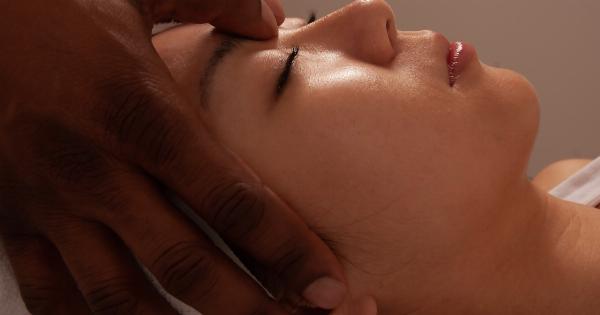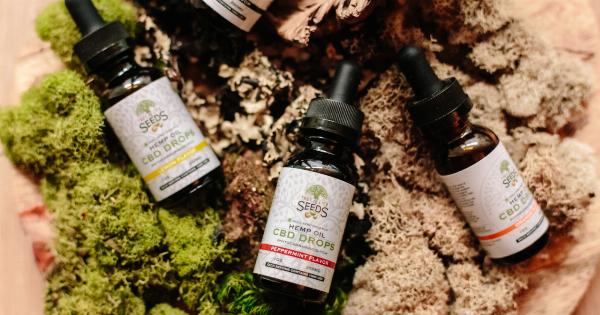Summer is a time for outdoor activities, soaking up the sun, and enjoying the warm weather. However, prolonged exposure to the sun’s harmful rays can result in sunburn, a painful condition that can ruin your day and put a damper on your vacation.
While there are countless remedies available for sunburn relief, it is essential to be aware of what to avoid when trying to heal your sun-damaged skin. In this article, we will discuss the top cures for sunburn and what you should steer clear of to ensure a speedy and effective recovery.
1. Avoid Hot Showers or Baths
When you have sunburn, the last thing you want to do is expose your damaged skin to intense heat. Hot showers or baths can further irritate your skin and cause additional discomfort.
Instead, opt for cool or lukewarm water when bathing to help soothe the burn.
2. Say No to Harsh Soaps
Harsh soaps, especially those containing fragrances or chemicals, can be extremely drying to sunburned skin. Avoid using these soaps as they can strip your skin of its natural oils, exacerbating dryness and prolonging the healing process.
Instead, use mild, fragrance-free cleansers specifically formulated for sensitive skin.
3. Don’t Peel or Pick at Your Skin
It can be tempting to pick at the peeling skin caused by sunburn, but doing so will only make matters worse. Picking at your skin can lead to infections and scarring. Allow the skin to shed naturally, and resist the urge to peel it off.
4. Steer Clear of Petroleum-Based Products
While moisturizing your sunburned skin is crucial for its recovery, it is essential to choose the right products.
Petroleum-based products, such as petroleum jelly or mineral oil, can trap heat and prevent your skin from breathing, hindering the healing process. Opt for aloe vera gel or a moisturizer specifically designed for sunburn relief.
5. Avoid Tight Clothing
When you have sunburn, your skin needs to breathe and heal. Wearing tight clothing can cause friction and further irritation, making it harder for your skin to recover.
Choose loose-fitting, lightweight clothing made from breathable fabrics like cotton to promote healing and prevent further discomfort.
6. Don’t Skip Hydration
Sunburn can cause dehydration, so it is crucial to drink plenty of fluids to replenish your body’s lost moisture. Avoid alcohol and caffeinated beverages as they can further dehydrate your skin.
Opt for water, coconut water, or electrolyte-rich drinks to stay hydrated and aid in the healing process.
7. Say No to Sun Exposure
One of the most important things to remember when you have sunburn is to avoid further sun exposure. Your skin is already damaged, and subjecting it to more sun can worsen the burn and delay the healing process.
Stay in the shade, wear protective clothing, and apply sunscreen if you need to go outside.
8. Don’t Apply Ice Directly to Your Skin
While it may seem like a good idea to cool down your sunburn with ice, it can actually do more harm than good. Applying ice directly to your skin can cause ice burns and damage the already compromised skin.
Instead, wrap ice packs in a towel and gently press them against the affected areas for short periods to alleviate discomfort and reduce inflammation.
9. Avoid Home Remedies without Scientific Backing
When searching for sunburn cures, you may come across various home remedies on the internet. However, it is crucial to approach these remedies with caution and ensure they have scientific backing.
Some remedies, such as applying vinegar or lemon juice to your skin, can cause further irritation and burn your already damaged skin. Stick to scientifically proven remedies or consult with a healthcare professional for guidance.
10. Don’t Neglect Pain Relief Medication
Sunburn can be incredibly painful, and in some cases, over-the-counter pain relief medications may be necessary to manage discomfort.
However, it is essential to consult with a healthcare professional or pharmacist before taking any medications to ensure they are safe and appropriate for your specific condition.





























